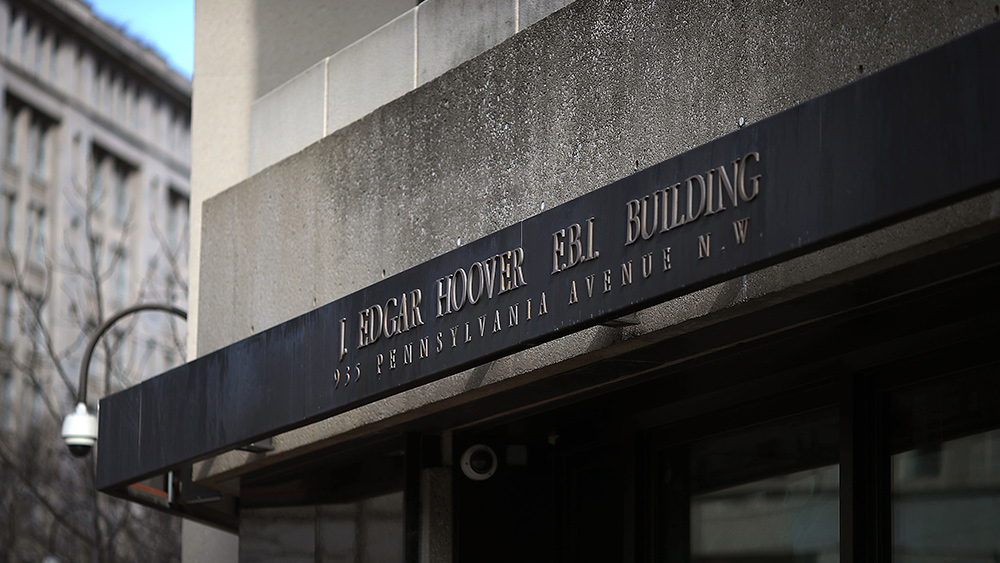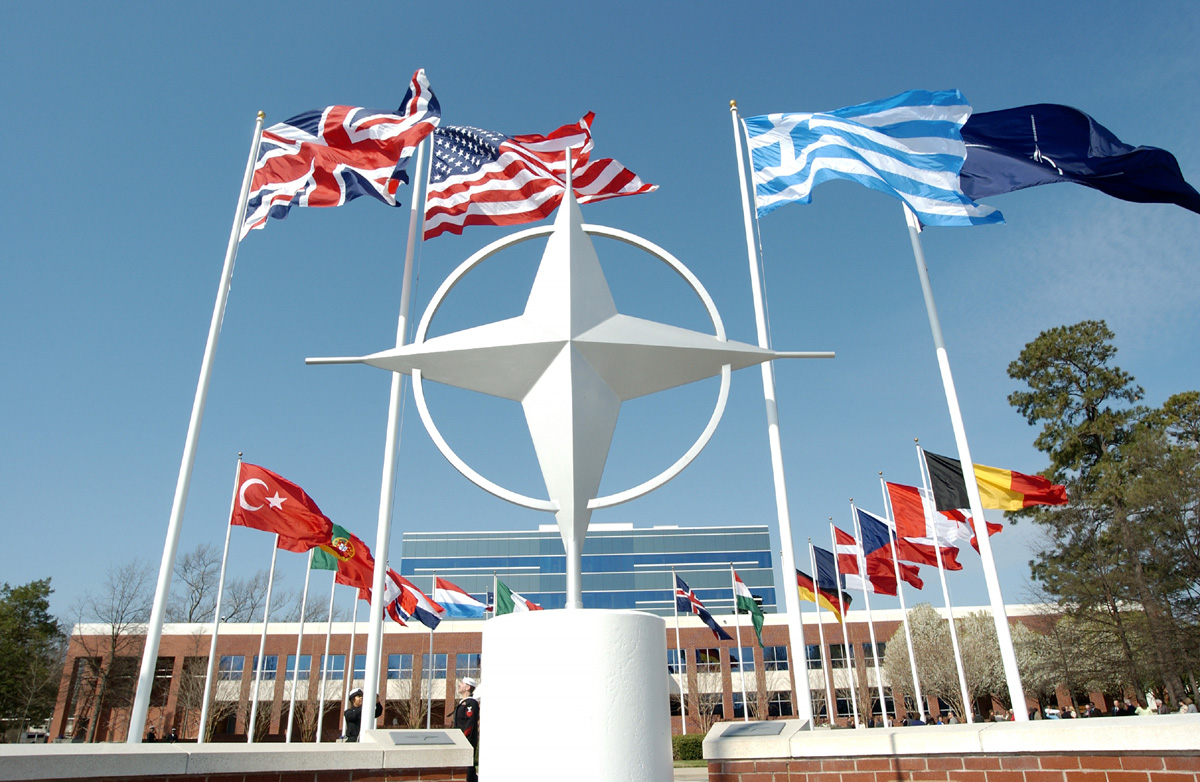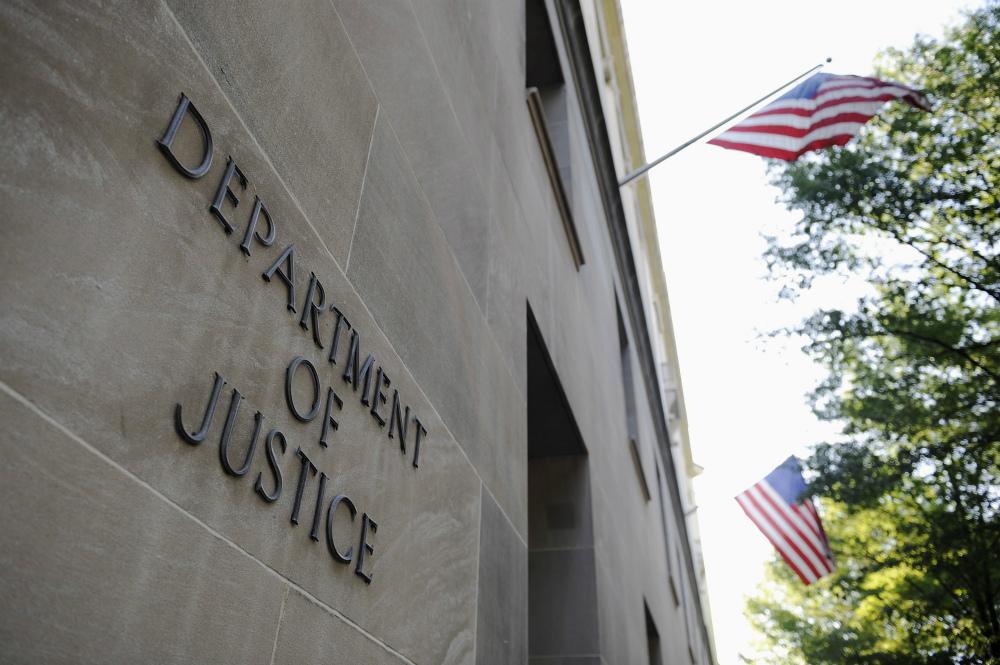
A former assistant U.S. attorney has looked at the 37-count indictment against former President Donald Trump and has concluded that the case is essentially political in nature and should never stand up in a real court of law.
Trump was charged last week in connection with his handling of classified documents. He appeared in a federal court in Miami on Tuesday and pleaded not guilty to all of them. In comments since, Trump has said that, under provisions of the Presidential Records Act, he and he alone, as president, had the authority to declassified documents at will and declare them non-presidential records.
Now, Will Scharf, writing in The Federalist, laid out six problems he sees with the indictment.
"Interplay" between the Presidential Records Act and the Espionage Act
Section 793(e) of the Espionage Act, which Trump has been charged under, "requires the government to prove that the defendant knew he had National Defense Information (NDI) in his possession, knew there was a government official entitled to receive the information, and then willfully failed to deliver it to that official," Scharf wrote.
"This is a very high set of mens rea bars to jump in any circumstance. Proving a defendant’s intent and knowledge can often be tough. But it’s even tougher here because of the Presidential Records Act," he said, adding:
The Presidential Records Act sets up a system where the president designates all records that he creates either as presidential or personal records (44 U.S.C. § 2203(b)). A former president is supposed to turn over his presidential records to the National Archives and Records Administration (NARA), and he has the right to keep his personal records.
Based on the documents I’ve read and his actions I’ve read about, I believe Trump viewed his “boxes” as his personal records under the PRA.
National Defense info and classification
Merely being classified, whether as Top Secret, SCI, NOFORN, FISA, or any other designation, does not automatically qualify something as National Defense Information as defined by the Espionage Act, the former U.S. attorney noted.
"Anyone who has worked around government knows that overclassification is a huge problem. A ton of documents end up being classified because of arcane technical rules that may not reflect the real world. If the president were to ask the Navy what’s for lunch for the next week at Coronado, for example, there is a good chance the answer comes back with a classification marker on it," he wrote.
The president's aide
By far, the most concerning subplot to arise from this ongoing saga are the accusations put forth by the attorney representing Walt Nauta, a Trump aide and co-defendant, last week, Scharf said.
"Nauta’s lawyer, Stanley Woodward, alleged in a court filing that during a meeting with prosecutors about his client’s case, the head of the Counterintelligence Section of DOJ’s National Security Division Jay Bratt 'suggested Woodward’s judicial application [for a DC Superior Court judgeship] might be considered more favorably if he and his client cooperated against Trump,'" he wrote.
"If true, and I find it hard to believe that Woodward just made the whole thing up, this is wild misconduct. Truly wild. It could undermine the entire case against both Trump and Nauta. It could end careers at DOJ if fairly investigated," he added.
Attorney-client privilege
Scharf noted that attorney-client privilege can be breached under the "crime-fraud exception," but he is not at all convinced the standard was met.
"The indictment relies on a significant amount of information received, in one form or another, from one of Trump’s lawyers, Evan Corcoran, who was compelled to testify in front of the grand jury," he wrote. "I have not seen DOJ’s filings on Corcoran, but I would be interested to know how they argued this. First of all, what was the crime they used as a predicate? Was it unlawful retention of the documents? If so, there is nothing in the indictment that I can see indicating Corcoran’s communications with Trump would have furthered that in a way that would justify breaching privilege."
He also noted that the timing of the charges is suspect since he is the leading political opponent of President Biden. And he questioned why the government would pick Jack Smith as the prosecutor, given that one of his most high-profile cases was the conviction of former Virginia GOP Gov. Bob McDonnell, which a unanimous U.S. Supreme Court overturned after finding Smith committed gross misconduct.
Sources include:
Please contact us for more information.

















